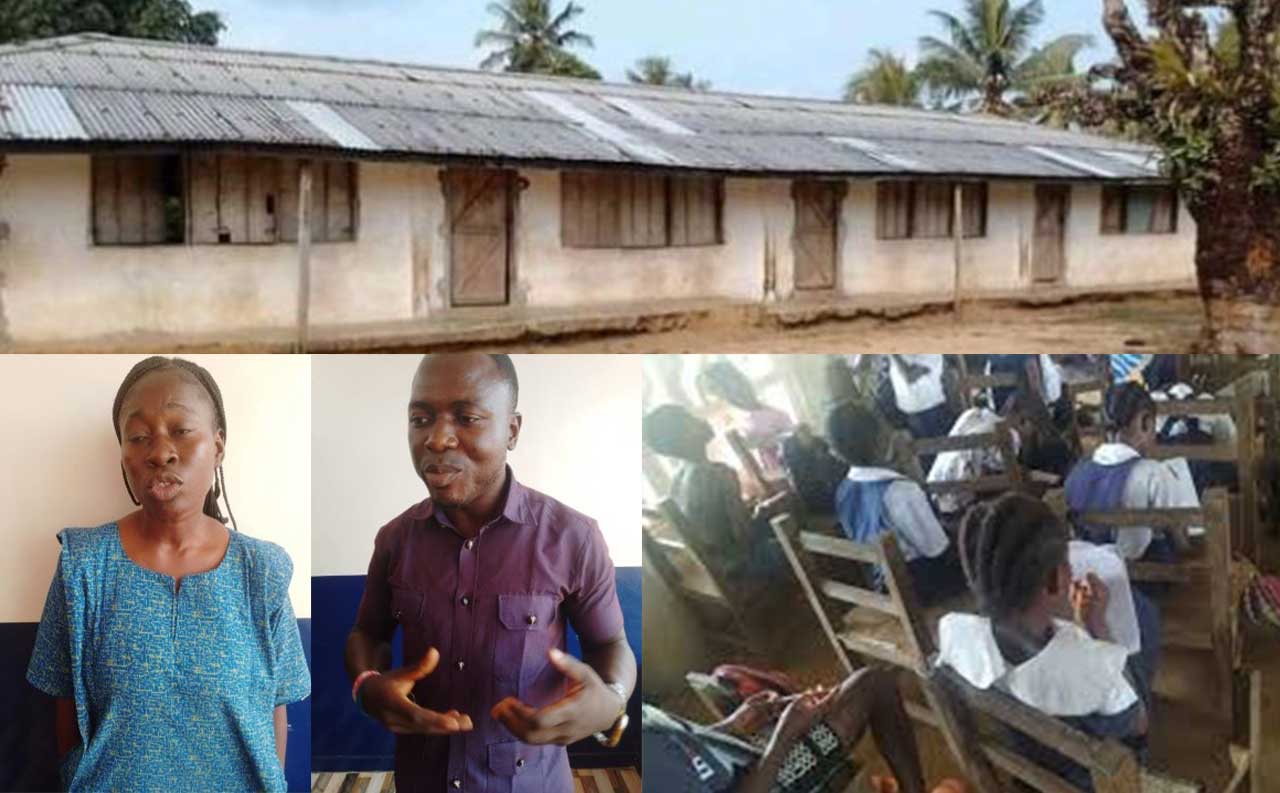Two prominent youth organizations in Liberia, the Liberia National Students Union (LINSU) and the Federation of Liberian Youth (FLY), are expressing deep concern regarding the educational sector and are urging the government to implement necessary improvements.
LINSU and FLY are calling on the Government of Liberia (GoL), specifically through the Ministries of Education and Youth and Sports, to take proactive measures to tackle the challenges facing education and youth development in the country.
These organizations shared their concerns during an exclusive interview following the first quarterly youth steering committee meeting held at the Ministry of Youth and Sports in Paynesville, near Monrovia.
Through their leadership, LINSU and FLY conveyed their dissatisfaction with the current conditions for youth in Liberia, highlighting key issues such as education—encompassing both academic and technical vocational education and training (TVET)—as well as youth development, empowerment, and employment.
“The system is still chaotic. For instance, at CH Dewey High School in Tubmanburg, Bomi County, there are no instructors for science subjects. The state of education will continue to deteriorate if tangible actions are not taken. Relying on volunteer teachers is also problematic; it is unreasonable to expect someone to dedicate their time with little or no compensation. There are no guiding principles for the establishment of private schools—absolutely no standards. The government must take progressive steps to address these issues,” stated James Gbelee Washington, President of LINSU.
“As a member of the Education Advisory Board, we visit various schools in different counties to assess the situation in the sector, and the results are alarming. The government needs to revisit the issue of sectoral clearance for private schools. A lot needs to be done,” he added.
“We look forward to the government investing in youth development. The government is not translating its words into action. In last year’s National Budget, only US$4,000 was allocated to the Monrovia Vocational Training Center (MVTC), which we find unfortunate. This year, there was some improvement with an allocation of US$50,000 to MVTC and US$10,000 to Tumutu Vocational School, but we still see this as inadequate and a mockery of genuine empowerment,” Washington stated.
Madam Rosetta Fardolo, Acting Head of the Secretariat of FLY, emphasized the need for the government to ensure education is affordable and accessible to all Liberian children and youth, regardless of their background.
“Education is quite expensive and often inaccessible, especially during the rainy season when roads become impassable. Furthermore, employment and empowerment opportunities for youth are critical issues. The average employment rate for youth is low. Health services are another significant challenge; many public facilities do not provide family planning or reproductive health services for our growing youth population,” she stressed.
“I recommend that at least 3 percent of each county’s budget be allocated toward reproductive health commodities so young people can make informed decisions regarding their sexuality,” the FLY official suggested.
Meanwhile, Mr. Bryant McGill, the Deputy Minister for Youth Development at the Ministry of Youth and Sports, affirmed the government’s commitment to providing opportunities for all young people through basic training programs, job creation, empowerment, and employment, even though tangible results have yet to be observed.
He explained that the one-day coordination meeting addressed major issues related to youth development, including youth employment and entrepreneurship, education and skills development, health and social welfare (particularly issues affecting at-risk youth and gender), youth inclusiveness, team building, and leadership. Deputy Minister McGill also mentioned that the meeting aimed to coordinate youth activities to prevent overlapping functions or initiatives.
By Emmanuel M. Weedee-Conway



